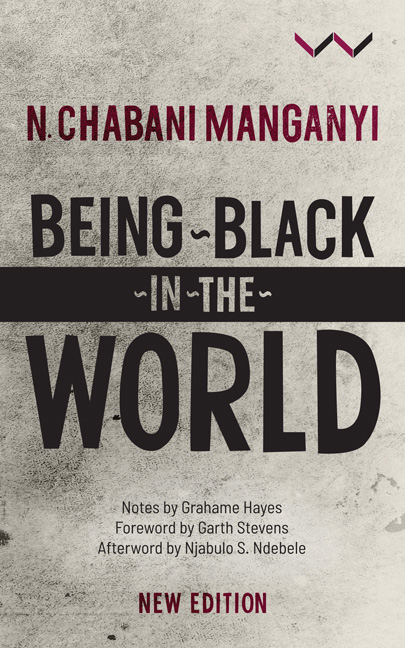8 - Postscriptum – ‘African Time’
Published online by Cambridge University Press: 25 October 2019
Summary
This is indeed an afterthought. My thoughts had actually wandered off the subject matter of the essays which I had just completed, and I had started working in my study on the problem of identity. While reflecting on this difficult subject, I remembered that a friend had recounted how he had been shocked by the contents of a recent publication. I also remembered that he had been indignant and amazed that such ideas could still find their way into academic print. I know him to be a very balanced person who is never overhasty with opinions. Since I had just been working on some aspects of the African experience, my curiosity was naturally aroused by this bit of information.
With unusual curiosity, I instituted an immediate search for ‘Tyd en Neurose by die Bantoe’, translated in the summary as ‘The Bantu, Time and Neuroses’ (Engelbrecht, 1972). For the benefit of those readers who may be unable to consult the original, I would like to quote two paragraphs from the English summary which represent the main theses of the paper. Prof. Engelbrecht writes as follows:
The tempo of life of the Bantu is slow – slower than that of the white. You can see a different time in their bodily movements, in the things of their world, in their places, in the whole landscape in which they exist. There is a remarkable difference between the lived-time (vital time) of the white and the black. We find two different tempos in two different worlds. When these two different worlds and realities come into contact, distortion and dislocation of human time takes place. Since time is a fundamental dimension of human existence the total existential situation of the individual and society will also be affected and distorted.
The life-world of the Bantu is totally different from that of the white. Integration and equation would not only create confusion but also psychological and social disturbances. On the other hand, the tempo of life of the Bantu is perhaps too slow for a too rapid development and change. (1972: 2)
I would like to be arrogant enough to take this celebrity of philosophy at the University of the North to task for some of his unfounded claims.
- Type
- Chapter
- Information
- Being Black in the World , pp. 97 - 106Publisher: Wits University PressPrint publication year: 2019



